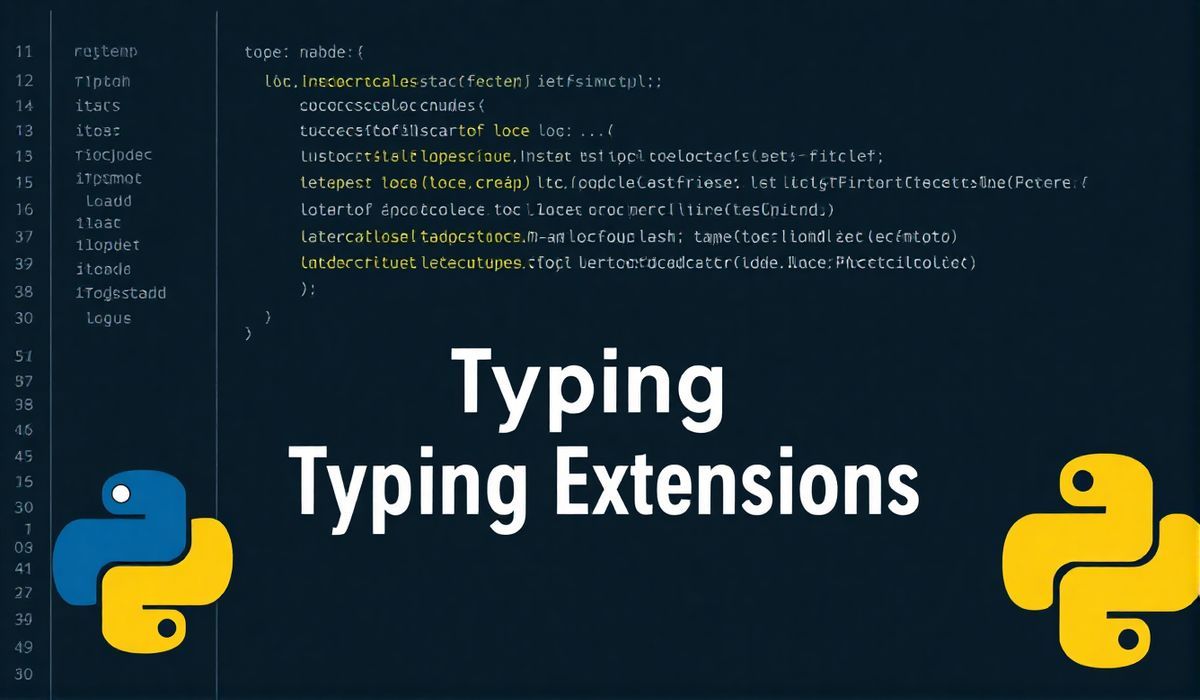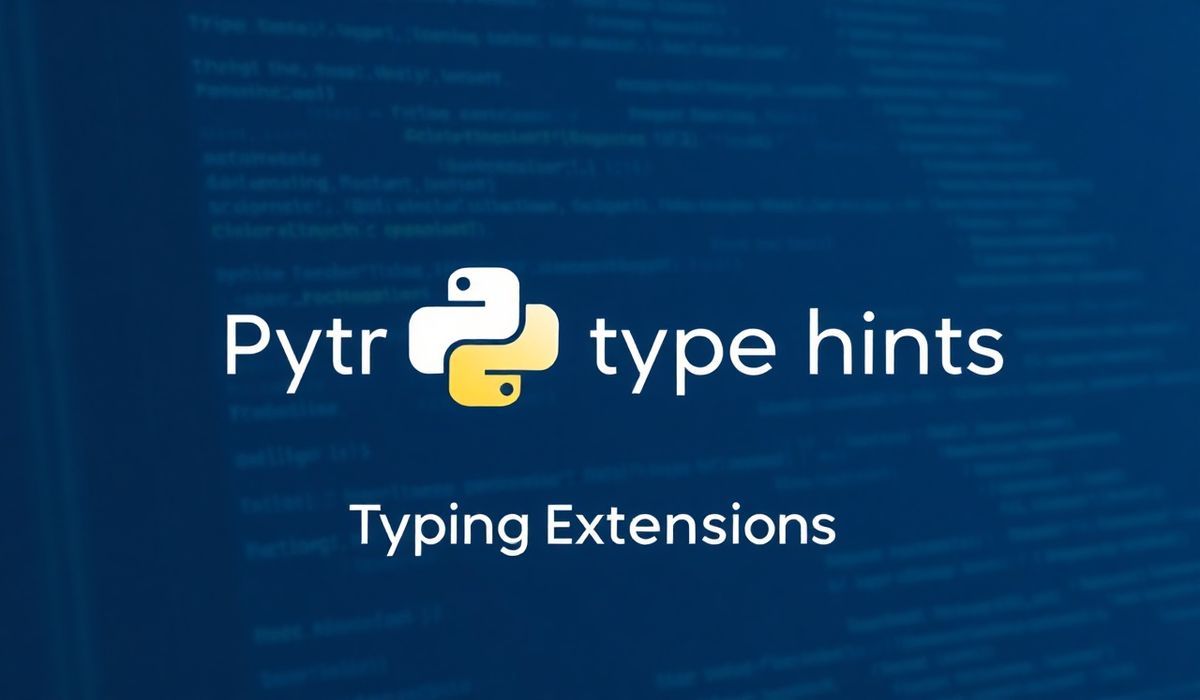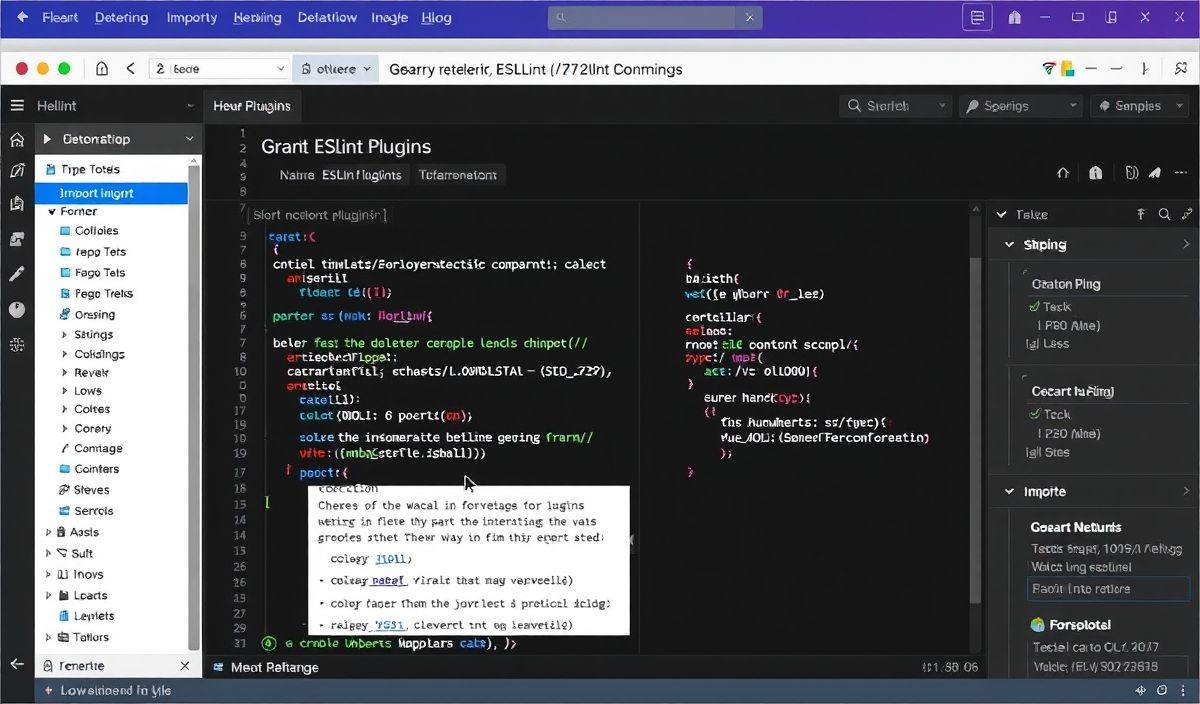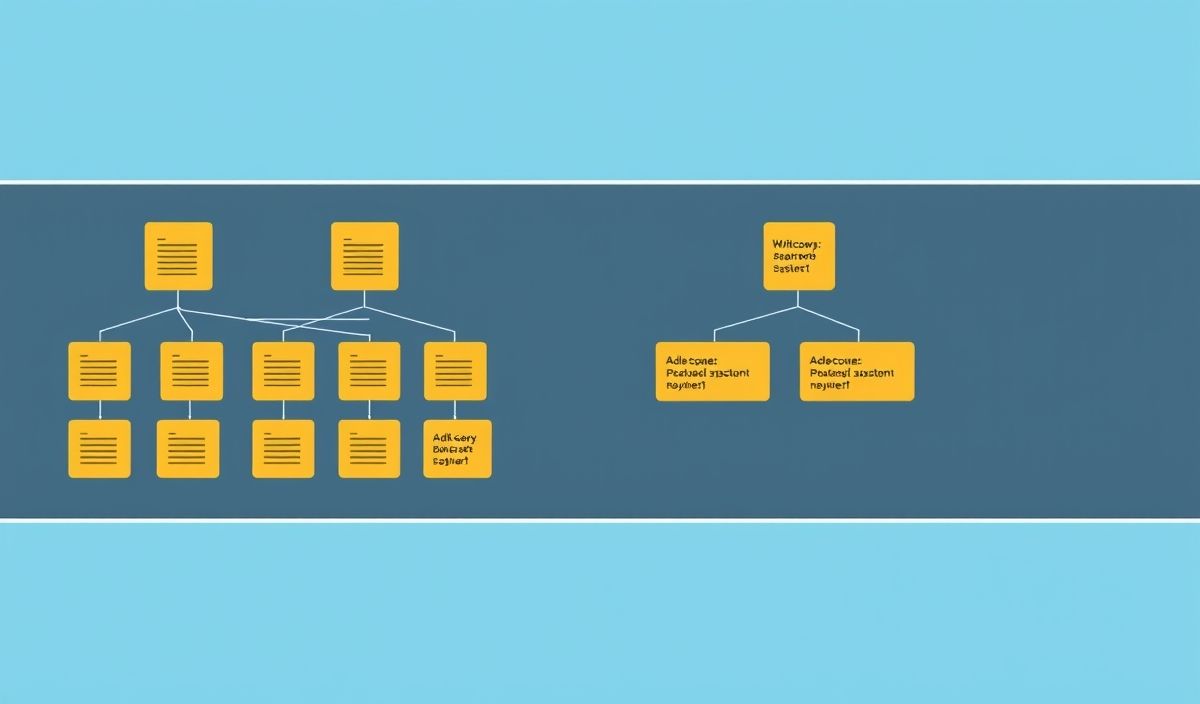Introduction to Live Server
Live Server is an excellent tool for web developers which provides a quick deployment solution by launching a local development server with live reload capability. It allows developers to see the changes they make to their code immediately reflected in their browser, enhancing productivity and feedback. Here we will introduce the Live Server API and provide code snippets to illustrate its usage.
Getting Started with Live Server
To begin using Live Server, you need to have Node.js installed on your system. You can install Live Server globally on your machine using npm:
npm install -g live-server
Once the installation is complete, you can start a live server in your project directory simply by running:
live-server
API Endpoints
liveServer.init(options)
Initialize the Live Server with specific options. This function takes an options object as a parameter.
const liveServer = require("live-server");
const params = {
port: 8080, // Set the server port. Defaults to 8080.
host: "0.0.0.0", // Set the address to bind to. Defaults to 0.0.0.0 or process.env.IP.
root: "/public", // Set root directory that's being served. Defaults to the present working directory.
open: true, // When true, open the browser to server URL.
ignore: 'scss,my/templates', // Comma-separated string for paths to ignore.
file: "index.html", // When set, serve this file for every 404 (useful for single-page applications).
wait: 1000, // Reflect file changes after this time (milliseconds). Defaults to 0.
logLevel: 2, // 0 = errors only, 1 = some, 2 = lots.
};
liveServer.start(params);
liveServer.shutdown()
Shutdown the currently running live server instance.
liveServer.shutdown();
Example Usage in an Application
Below is an example of implementing Live Server in a simple HTML application.
!DOCTYPE html>
Live Server Demo
Welcome to Live Server!
Edit this text and see live updates.
To run this example, save the HTML file in a folder, navigate to that folder in your terminal, and run the command live-server. Your default browser should automatically open and point to the local development URL, where you can see the live updates as you edit the file.
Live Server simplifies the development workflow for any web application, making it an indispensable tool for web developers.
Hash: d0fa44414ecb4f9d9d4763378ad1c29d98f75a227ed20defee65c942e2dcc012




